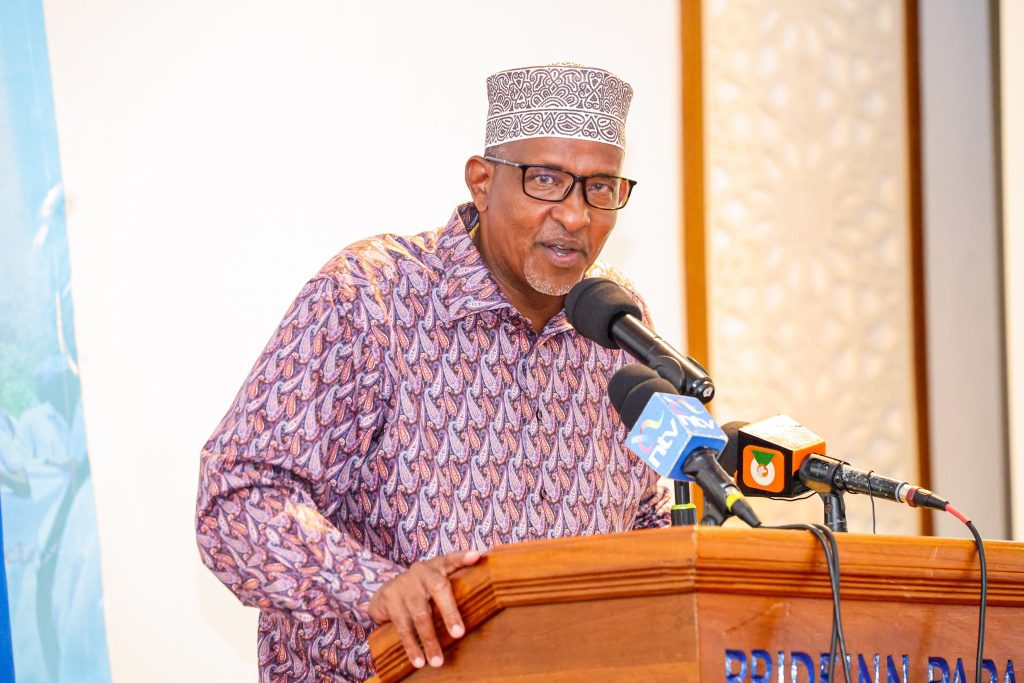As tensions simmer in the wake of recent unrest, a stark divide emerges: why do British citizens reject Keir Starmer’s Islamophobia stance? On September 30, 2025, during his Labour Party conference speech in Liverpool, Prime Minister Keir Starmer declared, “I will fight every day for the tolerant, decent, and respectful Britain I know.
If you incite racist violence and hatred, you are an enemy of national renewal.” Aimed at countering far-right figures like Nigel Farage and Reform UK, the words sought to reclaim patriotism from those Starmer accused of stoking division through anti-immigration rhetoric.
However, the message appears insincere to many ordinary Britons, ranging from Manchester pub-goers to Birmingham market traders. They see it as dismissing genuine frustrations over integration challenges and community clashes, labelling critics as Islamophobes while downplaying what they perceive as “havoc” from certain Muslim-linked incidents, which fuels why British citizens reject Keir Starmer’s Islamophobia stance.
Starmer’s address came amid a backdrop of escalating debates on migration and social cohesion, echoing last year’s riots that scarred cities like Southport and Rotherham. Back then, far-right mobs targeted mosques and asylum hotels after the tragic stabbing of three young girls, wrongly blamed on a Muslim asylum seeker, a hoax amplified online that led to arson, looting, and over 1,000 arrests.
Starmer condemned it as “far-right thuggery”, vowing a “standing army” of police to protect Muslim communities and swiftly prosecuting 800 rioters. But a year on, with Reform UK’s surge in polls, critics argue his focus on Islamophobia overlooks broader anxieties.
‘Why do British citizens reject Keir Starmer’s Islamophobia stance?’ The phrase ‘Why do British citizens reject Keir Starmer’s Islamophobia stance?’ spikes in popularity as voters vent on social platforms, sharing stories of strained NHS queues, housing shortages, and cultural shifts in once-homogeneous neighbourhoods.
The discontent stems from a sense of being unheard. In towns like Oldham or Leicester, where South Asian Muslim populations have grown rapidly, now 6.5% of England’s total, per 2021 census data, residents report feeling sidelined.
“We’re not hating; we’re hurting,” says one anonymous Birmingham shopkeeper in viral social media, pointing to parallel society concerns: halal-only school menus sparking parental fury or no-go zone rumours after isolated gang clashes.
Farage, whom Starmer branded a “snake oil merchant” flirting with division, retorts that the PM’s “racist” label silences legitimate border worries, with net migration hitting 685,000 last year.
Polls from YouGov in September 2025 show 55% of Britons believe immigration strains resources, yet Starmer’s emphasis on eradicating Islamophobia, praised by groups like the Muslim Council of Britain, alienates working-class voters who feel it’s code for ignoring crimes like grooming scandals in Rochdale, where Pakistani-heritage men were convicted in 2012.
This rift isn’t abstract; it’s personal. Families in riot-hit areas recount cars torched not just by far-right thugs but in retaliatory scuffles involving counter-protesters, including some from Muslim youth groups defending mosques.
A 2025 Hope Not Hate report notes a 20% rise in anti-Muslim hate crimes post-riots but also a 15% uptick in reported anti-white incidents in diverse boroughs, per police logs. Why British citizens reject Keir Starmer’s Islamophobia stance boils down to perceived one-sidedness: while Starmer rightly condemns flag-waving mobs appropriating St George’s Cross for intimidation, many feel he glosses over Islamist extremism, like the 2024 London grooming case or protests turning violent over Gaza solidarity marches.
On social media, hashtags like #StarmerOut trend alongside clips of his speech, with users decrying it as “elite virtue signalling” amid 7% unemployment in deindustrialised North England.
Bridging this chasm demands nuance. Starmer’s government has rolled out community cohesion strategies, funding £50 million for integration hubs and anti-hate education in schools.
Yet critics, like Spectator columnist Douglas Murray, argue it patronises “Deplorables”, a Clinton-era echo, treating immigration unease as bigotry rather than policy failure. Muslim leaders, meanwhile, applaud Starmer’s commitment, with imams in Bradford hosting interfaith dialogues to counter radical fringes.
As autumn leaves fall over Liverpool’s conference halls, the echo of Starmer’s words lingers uneasily. Why British citizens reject Keir Starmer’s Islamophobia stance underscores a deeper malaise: a nation yearning for unity but fractured by fear.
With Reform eyeing local elections, the PM must pivot, perhaps by amplifying voices from all sides, from Sikh shop owners to white van drivers, in town halls that listen, not lecture.
Starmer’s vision of a tolerant Britain holds promise, but only if it evolves beyond rhetoric. Why British citizens reject Keir Starmer’s Islamophobia stance isn’t rebellion against decency; it’s a cry for fairness in the fight.
By weaving economic hope with honest dialogue on faith and borders, he could yet forge that respectful renewal for all. Ultimately, as discussions rage from pubs to parliaments, the question of why British citizens reject Keir Starmer’s Islamophobia stance exposes Britain’s introspective nature.
Starmer’s daily fight deserves cheers, but paired with empathy for the overlooked, it might just heal the divides threatening the national fabric. For those pondering why British citizens reject Keir Starmer’s Islamophobia stance amid 2025’s unrest, the path forward lies in shared stories, not slogans, building a Britain where tolerance thrives without tipping into tribalism.















